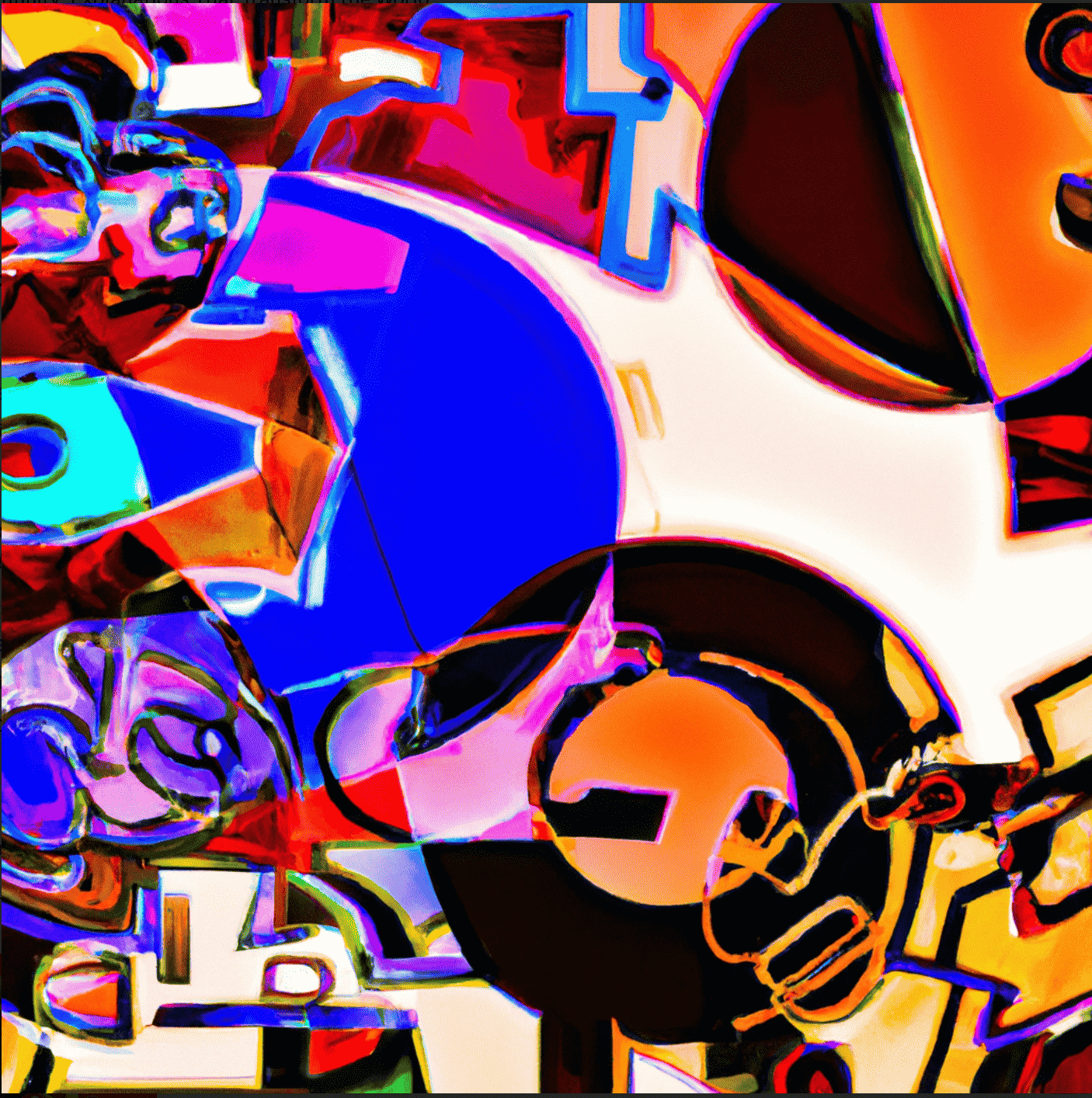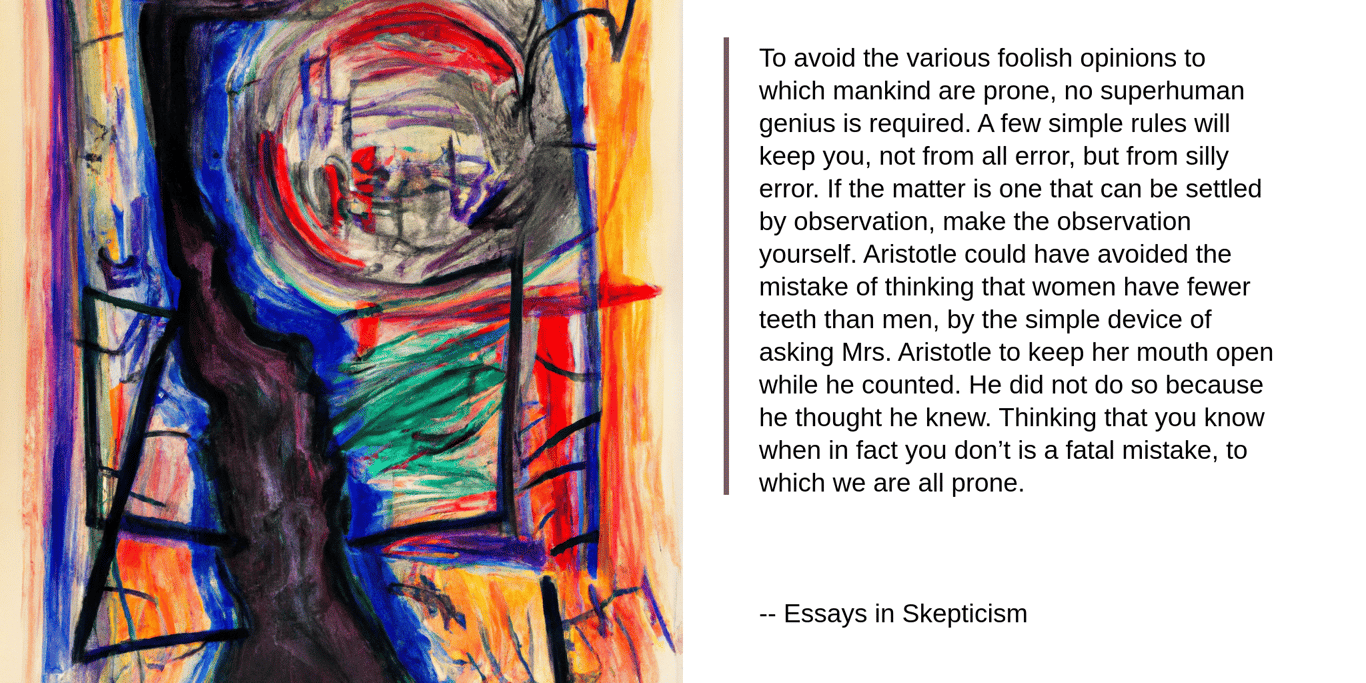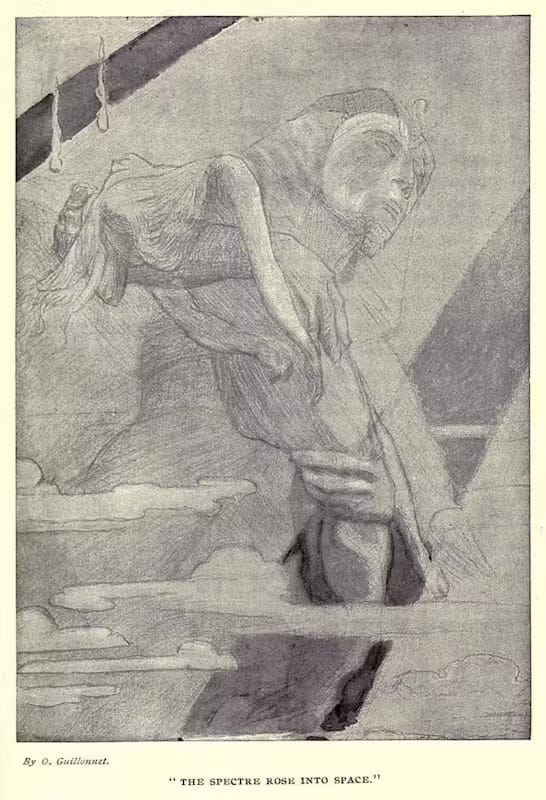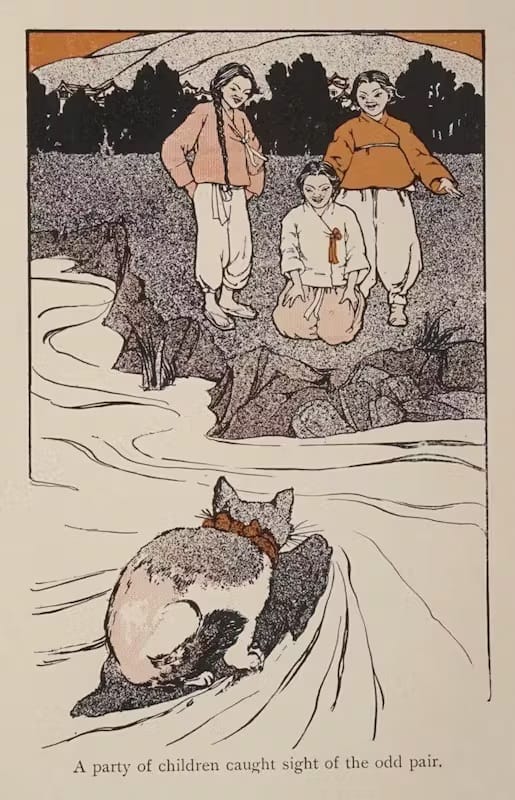Authors at the Water Cooler: Empiricism is Bad
i have to see it to believe it

empiricism is the key to progress
— Sam Altman (@sama) September 22, 2023
rationalism is the key to sounding smart
All knowledge, progress included, comes from conjecture which comes from theory. Empiricism as a measure stick for progress quite literally puts the cart before the horse.

Empiricism is the idea that knowledge comes to us through the senses. Now, that’s completely false: all knowledge is conjectural. It first comes from within and is intended to solve problems, not to summarize data. But this idea that experience has authority, and that only experience has authority—false though it is—was a wonderful defense against previous forms of authority, which were not only invalid but stultifying. But in the twentieth century, a horrible thing happened, which is that people started taking empiricism seriously—not just as a defense, but as being literally true—and that almost killed certain sciences. Even within physics; it greatly impeded progress in quantum theory.
-- Making Sense: Conversations on Consciousness, Morality, and the Future of Humanity (affiliate link)
The problem with relying on what you see is that what you see isn't truly what is, but your individual take on what is.
Everything is connected to everything else, and you cant see everything at once!

Instrumentalism, even aside from the philosophical enormity of reducing science to a collection of statements about human experiences, does not make sense in its own terms. For there is no such thing as a purely predictive, explanationless theory. One cannot make even the simplest prediction without invoking quite a sophisticated explanatory framework.
-- The Beginning of Infinity: Explanations That Transform the World (affiliate link)
This does not mean we do not test our assumptions, and edit our conclusions when we come face to face with reality. Reality is the cart, the arbiter. Ideas, creativity and guessing is he who goes first into Plato's cave.

To avoid the various foolish opinions to which mankind are prone, no superhuman genius is required. A few simple rules will keep you, not from all error, but from silly error. If the matter is one that can be settled by observation, make the observation yourself. Aristotle could have avoided the mistake of thinking that women have fewer teeth than men, by the simple device of asking Mrs. Aristotle to keep her mouth open while he counted. He did not do so because he thought he knew. Thinking that you know when in fact you don’t is a fatal mistake, to which we are all prone.




